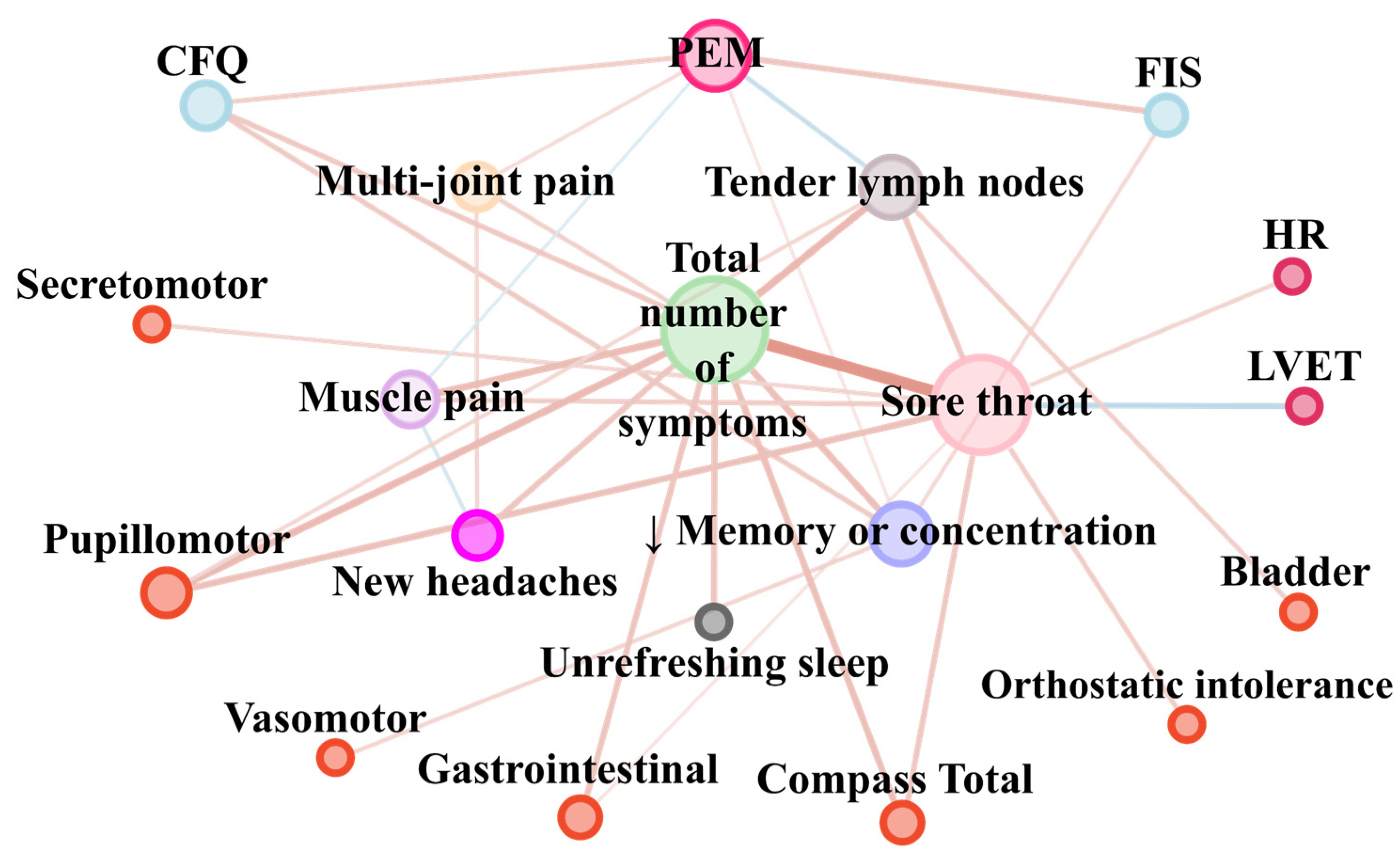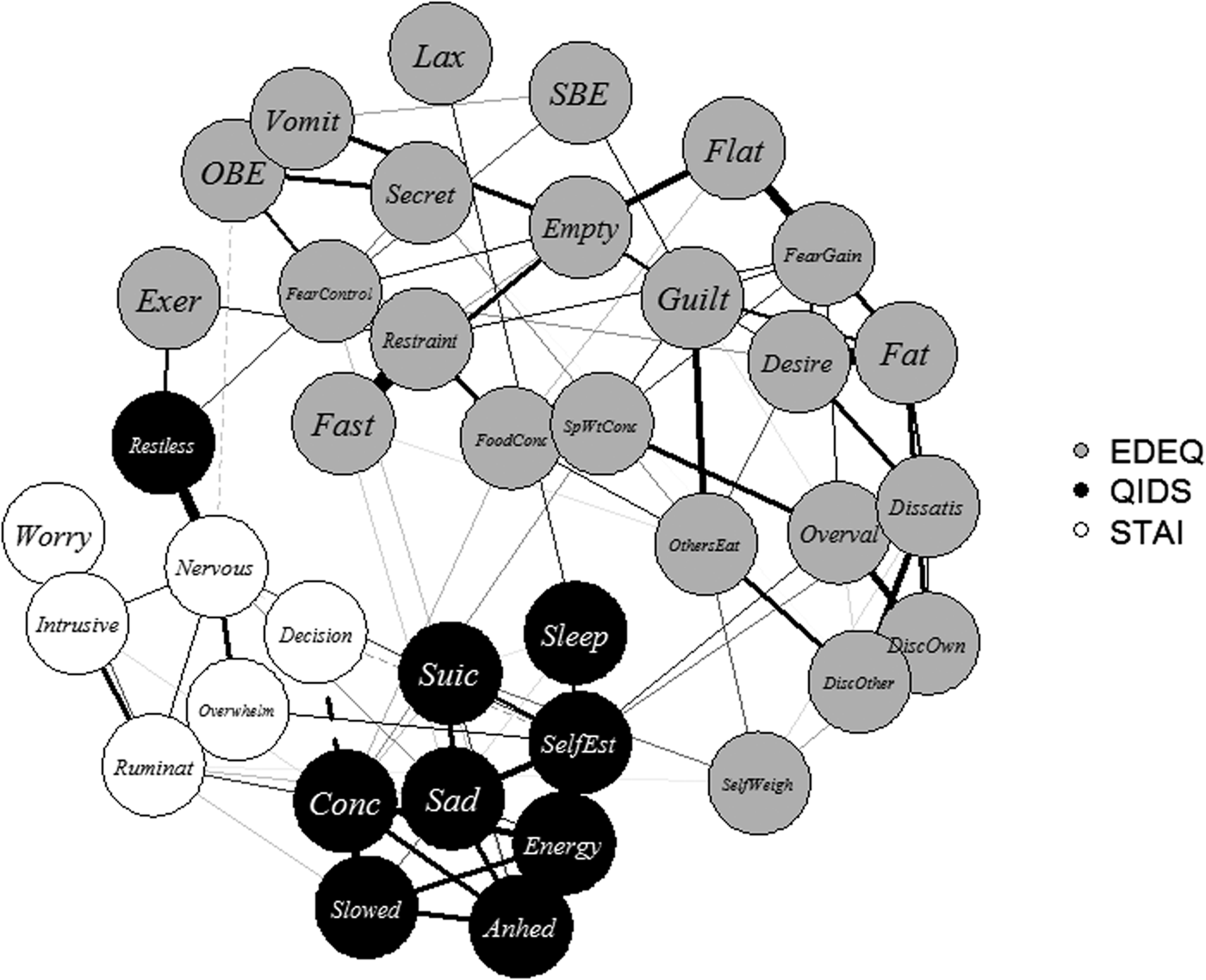
Your doctor will do a physical exam and ask about your medical history and sleep history.
Working night shifts or shifts that rotate. Young and middle-age African Americans also have a higher risk. Insomnia affects women more than men and older people more than younger ones. Alzheimer's disease and other types of dementia. Other sleep disorders, like sleep apnea or restless legs syndrome. Hyperthyroidism and other endocrine problems. Caffeine, tobacco, or alcohol use, as well as use of illicit drugs. Medications for colds, allergies, depression, high blood pressure, and asthma. Mental health issues like depression and anxiety. Research has found that a tendency for insomnia may run in families. Changes to your sleep schedule like jet lag, a new shift at work, or bad habits you picked up when you had other sleep problems. Things around you like noise, light, or temperature.  Stress related to big life events, like a job loss or change, the death of a loved one, divorce, or moving. It feels like you sleep a lot less than you really do. Paradoxical insomnia: When you have paradoxical insomnia, you underestimate the time you're asleep. Mixed insomnia: With this type of insomnia, you have trouble both falling asleep and staying asleep through the night. Sleep-maintenance insomnia: This happens when you have trouble staying asleep through the night or wake up too early. Sleep-onset insomnia: This means you have trouble getting to sleep. Secondary insomnia: This means you have trouble sleeping because of a health condition (like asthma, depression, arthritis, cancer, or heartburn) pain medication or substance use (like alcohol). Primary insomnia: This means your sleep problems aren’t linked to any other health condition or problem. There are two types of insomnia: primary and secondary.
Stress related to big life events, like a job loss or change, the death of a loved one, divorce, or moving. It feels like you sleep a lot less than you really do. Paradoxical insomnia: When you have paradoxical insomnia, you underestimate the time you're asleep. Mixed insomnia: With this type of insomnia, you have trouble both falling asleep and staying asleep through the night. Sleep-maintenance insomnia: This happens when you have trouble staying asleep through the night or wake up too early. Sleep-onset insomnia: This means you have trouble getting to sleep. Secondary insomnia: This means you have trouble sleeping because of a health condition (like asthma, depression, arthritis, cancer, or heartburn) pain medication or substance use (like alcohol). Primary insomnia: This means your sleep problems aren’t linked to any other health condition or problem. There are two types of insomnia: primary and secondary. 
Insomnia is chronic when it happens at least 3 nights a week for 3 months or more. It may also come and go.Īcute insomnia lasts from 1 night to a few weeks. The condition can be short-term (acute) or can last a long time (chronic). Insomnia is a sleep disorder in which you have trouble falling and/or staying asleep.






 0 kommentar(er)
0 kommentar(er)
